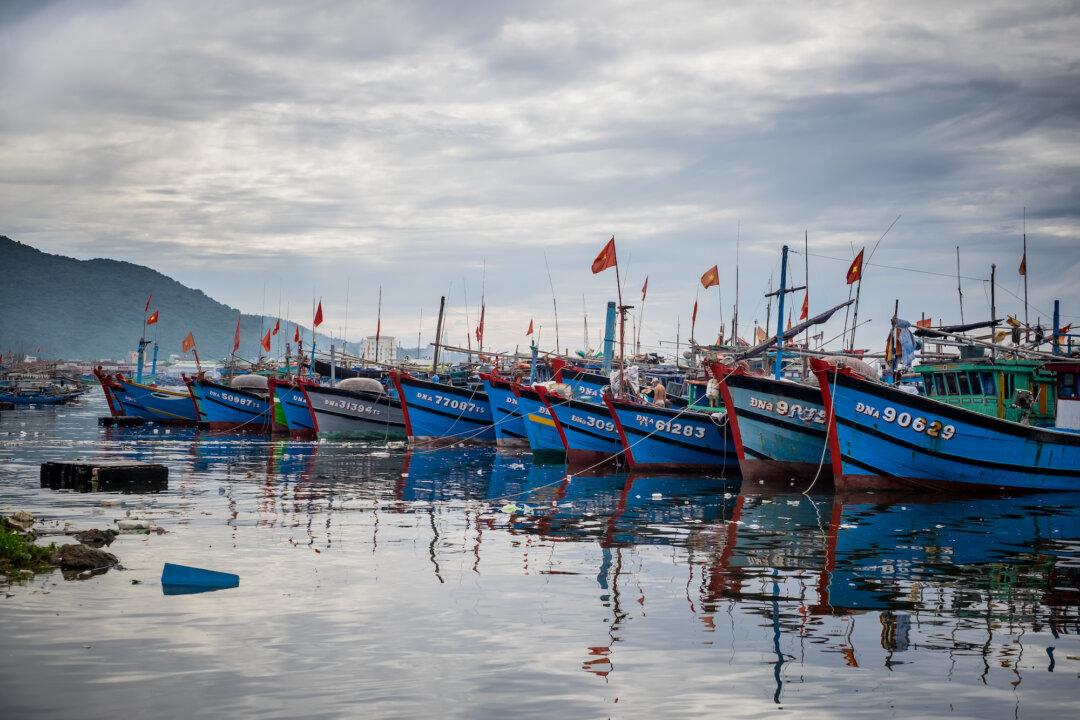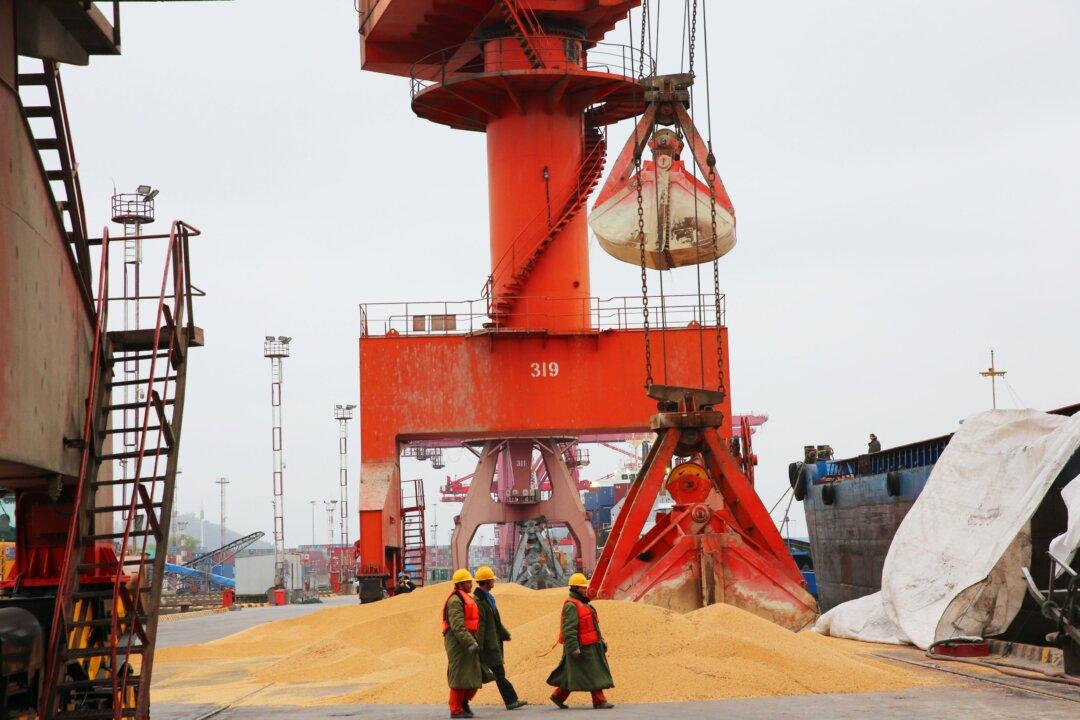The U.S. State Department issued an official statement on Aug. 22 condemning China for interfering with Vietnam’s longstanding oil and gas activity in the South China Sea.
Around the time that President Donald Trump was preparing for the 3-day G-7 meeting in Biarritz, France, where he is expected to highlight China’s closed markets, intellectual property theft, and abuse of Hong Kong citizens, there were media reports that the Chinese coast guard and maritime militia vessels, in a provocation, were blanketing the oil-rich coastal waters off Vietnam, Malaysia, and the Philippines’ Exclusive Economic Zones (EZZ).





